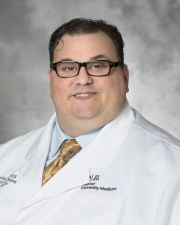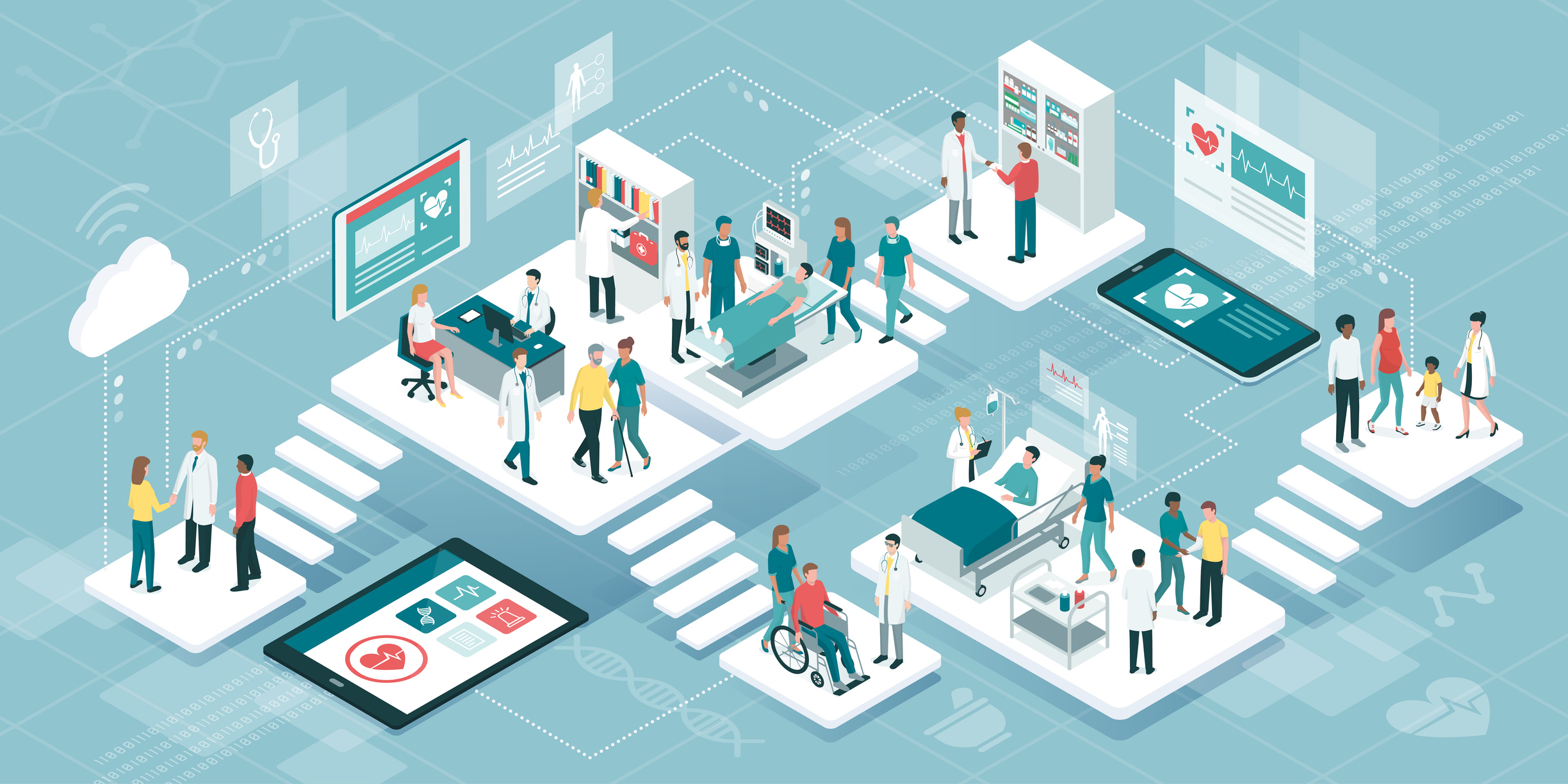Our Leading Innovations in Health Care & Education course brings together scholars from across the globe annually in June. To better highlight our community, we decided to profile a number of our recent scholars. In this blog post, we interview Michael Ditillo, General Surgery Residency Program Director and Co-Director for Faculty Development at the University of Arizona Tucson College of Medicine.
Harvard Macy Institute: How would you describe your personal and professional background?
Michael: I am a general and trauma surgeon. I have always had an interest in education and have been involved with medical student, resident and fellow training throughout my career trajectory. This interest has become more formal as my career has progressed, and I am currently the residency director for our general surgeon program.
Harvard Macy Institute: What led you to apply to this program?
Michael: As part of my professional development, I met with our Dean of Curricular Affairs who I was working under at our medical school and we had mapped out a five-year strategy for me moving forward in my career. One of my colleagues had taken a Harvard Macy Institute course and it came up during a discussion. During that time, I thought taking the Leading Innovations in Health Care & Education course would be a perfect next step to take.
Harvard Macy Institute: How would you describe your overall experience in the course?
Michael: It was phenomenal. The course was accessible and it was applicable to my everyday career both clinically and academically. The content helped me understand the necessary steps to take within my field to initiate change. It really provides a strong foundation to make the changes that you want to see.
Harvard Macy Institute: Could you share the two most important takeaways that you gained from our Leading Innovations in Health Care & Education program?
Michael: A big thing that stood out to me from the course is that when you are trying to change systems radically, you have to start from a lower level and figure out your target audience to move upward. It resonated with me because that is the way that I tend to work through a lot of problems. This tactic can help you gather specific information to bring to those in leadership and start to introduce this change and its direct effect, which is a very powerful message.
Harvard Macy Institute: How was this course applicable to your work in health care?
Michael: We talked a lot about innovation and how to break into a system. The surgical education field can be averse to change and tend to innovate slowly and incrementally. This is fine but every once in a while, change has to be implemented at a basic level and very new ideas have to be introduced. A lot of the concepts that I learned during the course centered around a business model structure to change older ways of doing this. This translated really well into work I was doing from an educational standpoint, trying to figure out a niche and how to implement change.
Harvard Macy Institute: Would you recommend the course to others? If so, why?
Michael: I have already. The Harvard Macy Institute courses are very targeted in specific areas that those working in health professions education are interested in. I have pushed my assistant program directors to take one of the courses that resonate with them as a part of their career development.
Check out our Leading Innovations in Health Care & Education course website for more information!
Did you know that the Harvard Macy Institute Community Blog has had more than 345 posts? Previous blog posts have explored topics including innovation in education, an interview with scholar Alvaro Garcia-Romero Perez, and an interview with scholar Page Carter.
Michael Ditillo


